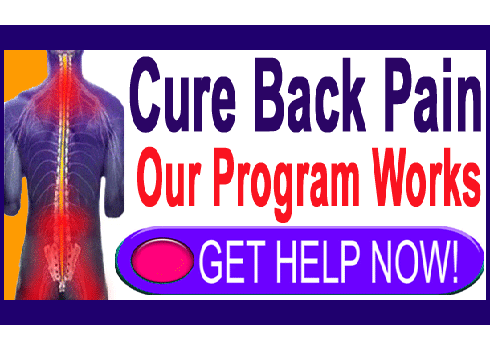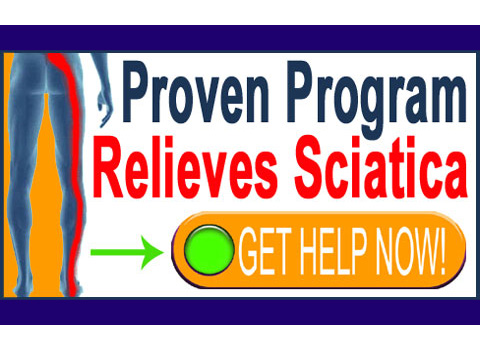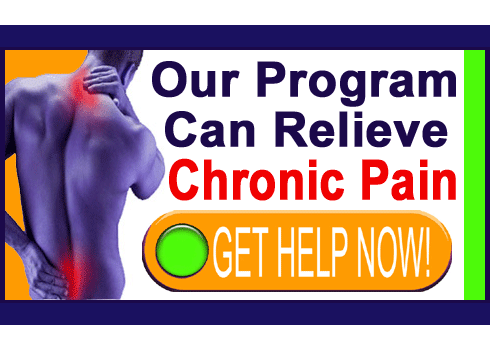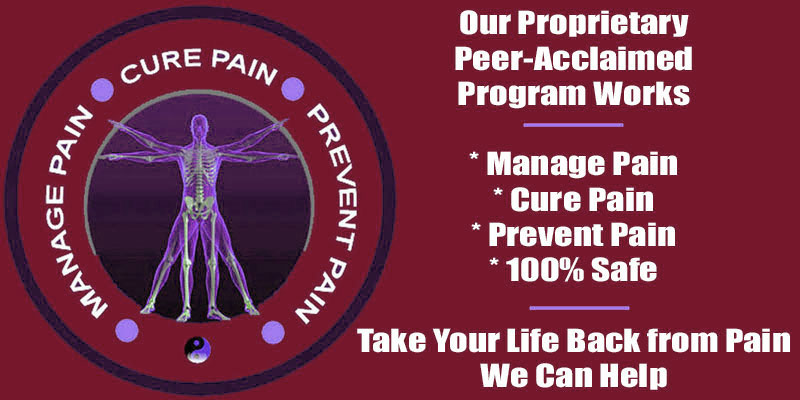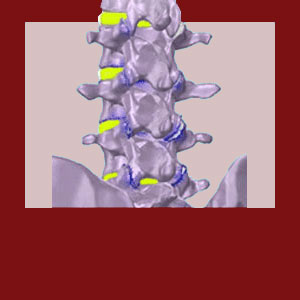
TENS for facet syndrome is a form of nonpharmacological pain management that uses electrical signals to disrupt pain messages traveling from the spine to the brain. There are both pros and cons of TENS for facet joint pain, so patients who are considering this treatment should educate themselves on facts of the therapy in advance of actually trying it out for efficacy.
TENS remains a mainstay of the back pain treatment industry. It is used in professional office settings, mostly by chiropractors, but also by some massage therapists, physical therapists and acupuncturists. However, the largest market for TENS remains in the home treatment sector, since TENS units can be purchased by patients themselves and used conveniently whenever and wherever pain relief is necessary. This versatility of application makes TENS very popular among chronic pain patients.
This patient guide explores the use of TENS therapy for facet joint pain conditions. We will detail the positive and negative aspects of transcutaneous electrical nerve stimulation and help patients to make informed decisions about whether or not the practice is right for their pain management needs.
Benefits of TENS for Facet Syndrome
TENS is proven to work in theory throughout countless studies. In ideal applications, electrical stimulation of nerves can indeed prevent neurological messages of pain from traveling to the brain and registering. In some cases, messages are completely blocked, while in others, only partial pain relief is provided. However, TENS is not applicable to all forms of pain, since some nerves are too deep or too large for the transcutaneous signal to prove effective, given the amount of electrical current utilized. TENS is best for muscular pain and pain that exists in superficial nerves near the surface of the skin.
This being said, the facet joints tend to be very close to the skin surface and are palpable easily through the skin of most people. The nerves that reside within the facet joints are certainly within reach of most professional grade TENS machines.
TENS can provide some measure of pain relief without having to rely on more hazardous methods of symptomatic care, such as injections and oral pharmaceutical therapy. TENS might help a patient to function better and feel better when the therapy works well for them.
Professional office use TENS can be expensive and far less convenient, as the patient must travel to a care provider to seek treatment and sit still while the machine works. Home-use machines of good quality are a one time investment monetarily and can be used forever whenever they are needed. This makes TENS a virtually perfect home remedy for facet joint pain.
Downsides of TENS for Facet Joint Pain
TENS is not all positive when objectively evaluated. In fact, TENS remains one of the most controversial of therapies for very good reasons indeed:
Some doctors doubt that TENS provides any actual benefit for the majority of its indicated uses. However, facet joint pain makes more sense as an indicated condition than many other diagnoses that might be treated using TENS.
TENS might be painful for some patients to endure. I personally found it to be like a torture. It did nothing to help my pain, but certainly made it worse and also made me very stiff from sitting from 45 minutes during treatment during my worst episodes of pain.
TENS is contraindicated for some patients and every person considering its use should consult with their doctor first to be sure they are not putting themselves at inordinate risk by utilizing TENS.
TENS is always a form of symptomatic care and will therefore never provide a cure. As long as patient understands this fact, we have no ethical trouble with its use. However, when patients are not informed of this truth and expect a cure, there are strong moral problems with TENS use.
TENS for Facet Syndrome Analysis and Recommendations
TENS can be hit or miss when it comes to relieving facet joint pain. There are very few downsides for indicated patients. So it is certainly worth a test to see how well the therapy may work for you. It is probably best to try a sample session at a local care provider’s office before considering spending the money to buy your own TENS unit. If the therapy works well, then the small investment can be a very good one indeed. If the therapy does not work, then at least you will know before investing your hard-earned money on an ineffective care practice.
We usually recommend that most back pain patients should avoid TENS due to its symptomatic nature, but since facet joint pain is often treated symptomatically anyway, we suggest adding it to your list of treatment options for reducing the severity of mild to moderate symptomology.
Facet Joint Pain > Facet Joint Treatment > TENS for Facet Syndrome

